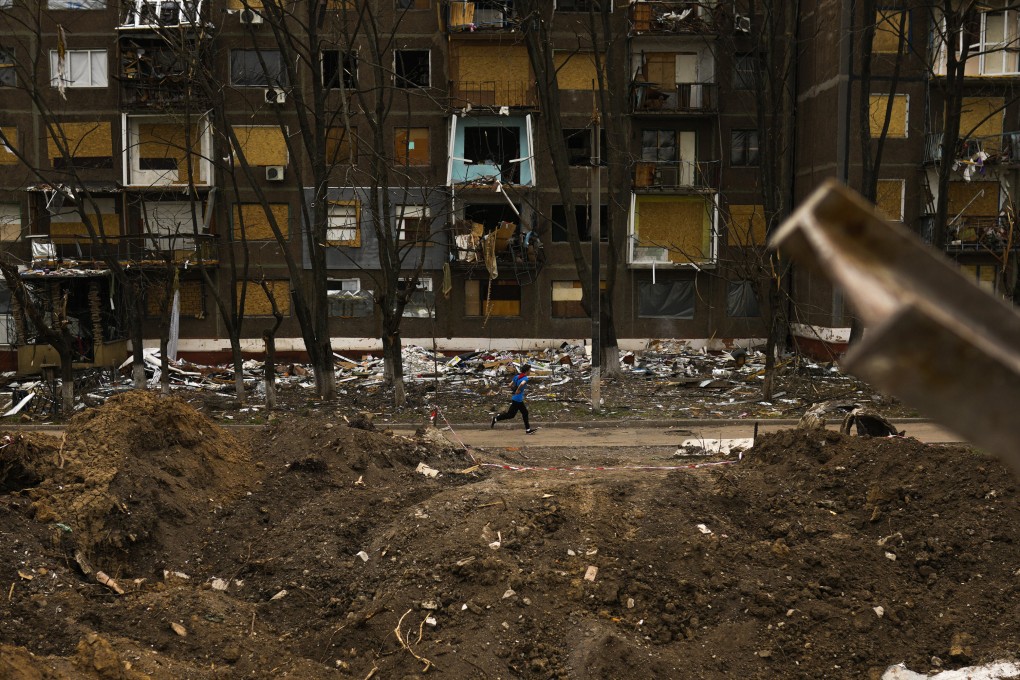Opinion | How Russia’s Ukraine invasion echoes Soviet Union’s Afghanistan misadventure
- The crises in Ukraine and Afghanistan have been transformed into geopolitically disconnected concerns even as there is much that connects them
- Russian aggression in Ukraine serves as a critical reminder of the dangers associated both with the misuse of history and its wilful abandonment

The competition for geopolitical attention is visible in our collective framing of conflicts wherein some crises appear more urgent than the others. Accordingly, the larger picture that has emerged is one of historical cherry-picking when it is crucial for us to recognise the linkages that exist between seemingly disparate conflicts.
The war in Afghanistan, which lasted a decade, transformed what was expected to be a limited Soviet intervention into a full-fledged crisis. The Soviet invasion cost it men, material and morale while accelerating its eventual disintegration.
The Soviet intention to flex its capabilities, fresh on the heels of the US failure in Vietnam, might have partly fuelled its decision to march into Afghanistan. But in doing so, it underestimated the strength of its adversaries, particularly their will to fight, giving the Soviets their own Vietnam.
